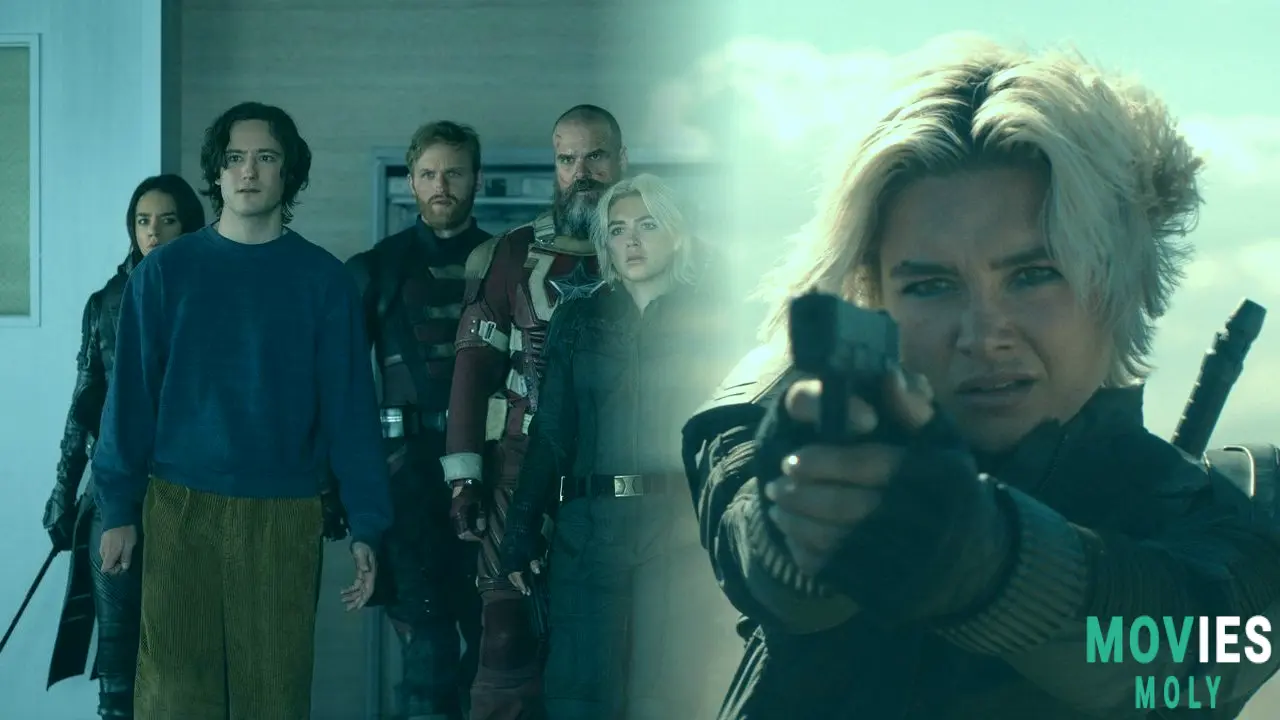Marvel Studios' latest ensemble smash, Thunderbolts*, may not officially be a Black Widow sequel, but it sure carries the emotional weight and character resonance of one. With Florence Pugh reprising her role as Yelena Belova—alongside David Harbour’s gritty Red Guardian and Olga Kurylenko’s vengeful Taskmaster—Marvel is weaving a darker, more personal fabric into its MCU tapestry. These aren’t just recycled characters in a team-up film; they’re a dysfunctional family still grappling with loss, trust, and what it means to be heroic when the world sees you as a weapon.
How Thunderbolts* Channels Black Widow Energy Without Being a Direct SequelDirector Jake Schreier smartly avoids calling Thunderbolts* a direct follow-up to Black Widow, but he doesn’t shy away from leveraging the emotional relationships that film so carefully established. The bond between Yelena and Alexei—once a fabricated family of spies, now something undeniably real—is center stage. Schreier’s careful handling of this dynamic ensures that the emotional through-lines from Black Widow remain intact, giving fans a sense of continuity without making the plot reliant on past films.
And it’s not just about preserving relationships. It’s about evolving them. As Yelena and Alexei embark on a mission with a team ill-equipped to trust one another, their personal history adds layers of meaning to every interaction. The chemistry between Pugh and Harbour is palpable, at times tender, often combustible—mirroring a family that never quite learned how to heal, only how to survive.
Yelena Belova’s Emotional Arc Is Deepened by Natasha Romanoff’s Lingering Presence
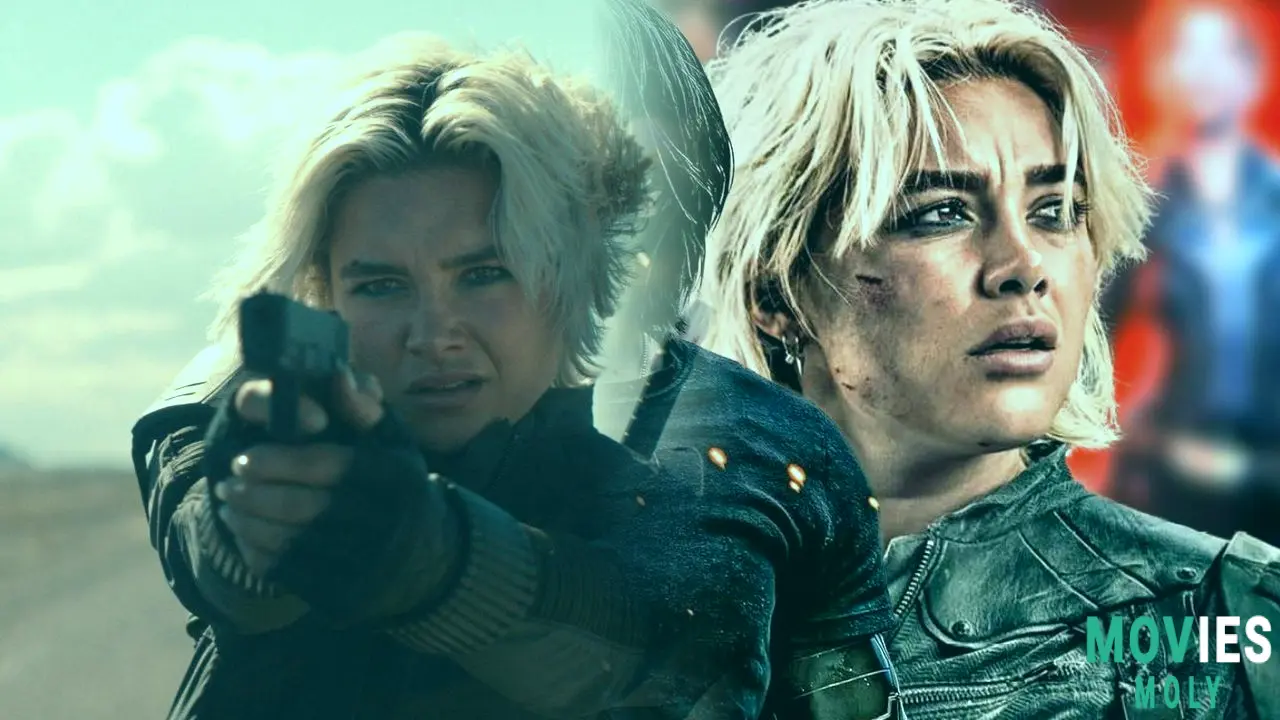
One of the most poignant threads in Thunderbolts* is Yelena’s continued processing of Natasha Romanoff’s death. As CBR.com reports, Florence Pugh insisted on the importance of this emotional beat. “If I hadn’t been able to play this beat, I would've been pissed off,” Pugh said. Natasha wasn’t just Yelena’s sister—she was her hero. And the fact that Yelena never got to fully grieve or redefine her relationship with Natasha makes her emotional journey in Thunderbolts* all the more necessary.
Pugh’s portrayal never misses the mark. She allows Yelena to be vulnerable without stripping her of strength, angry without becoming toxic. These are human emotions layered onto a character trained to be lethal from day one. It's a balancing act that Pugh pulls off with a master’s finesse, turning Yelena into one of the MCU’s most emotionally complex and relatable fighters.
Alexei and Yelena’s Complicated Relationship Adds Emotional Stakes to the Action
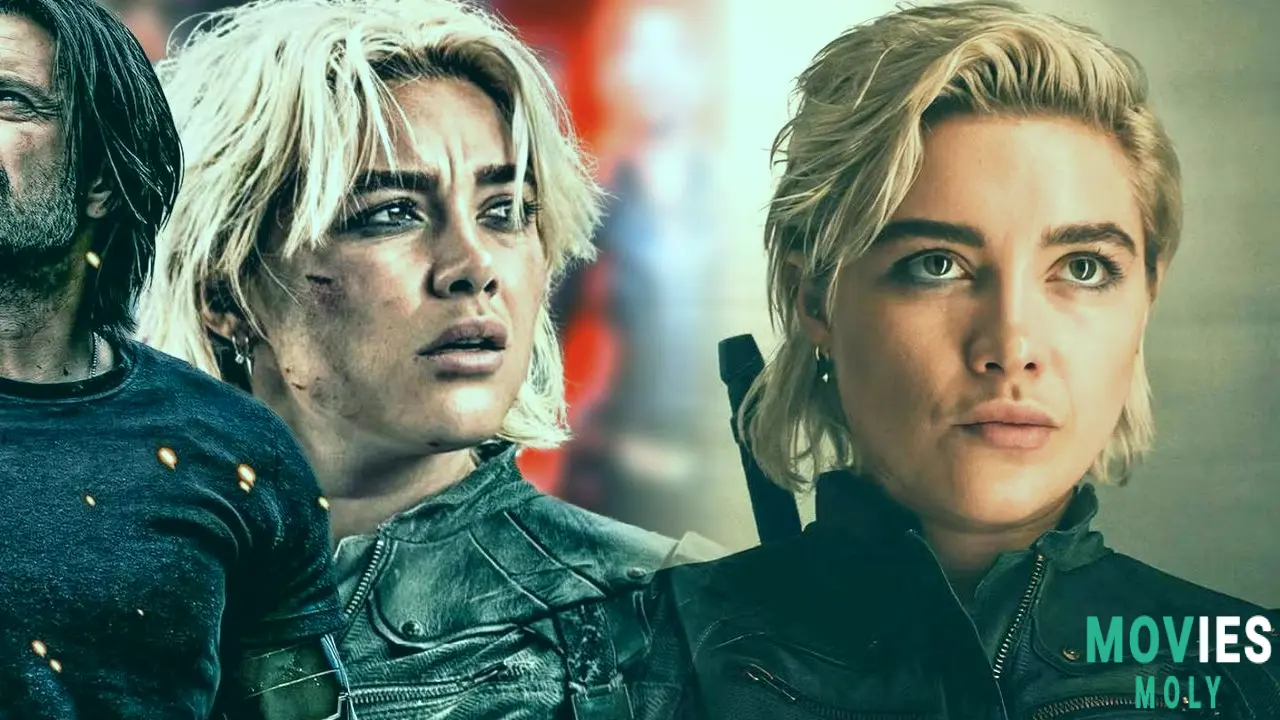
What could have been a simple “mission dad and daughter” dynamic instead becomes a compelling emotional subplot, thanks to the efforts of Pugh and Harbour. As the two actors pushed to include scenes that grapple with what’s happened since Natasha’s death, they gave audiences something real to hold onto amid the chaos of flying debris and glowing handprints.
“We can’t not have an argument about what’s happened to us since Natasha died,” Pugh said. And indeed, the film gives them space to argue, to mourn, and to evolve. Their bickering is reminiscent of a real family, and that realism grounds the film in moments of unexpected poignancy. It's these human beats that separate Thunderbolts* from the typical superhero spectacle and tie it back to what made Black Widow emotionally resonant in the first place.
Black Widow Legacy Lives On Through Yelena, Alexei, and Taskmaster’s Dynamic Trio
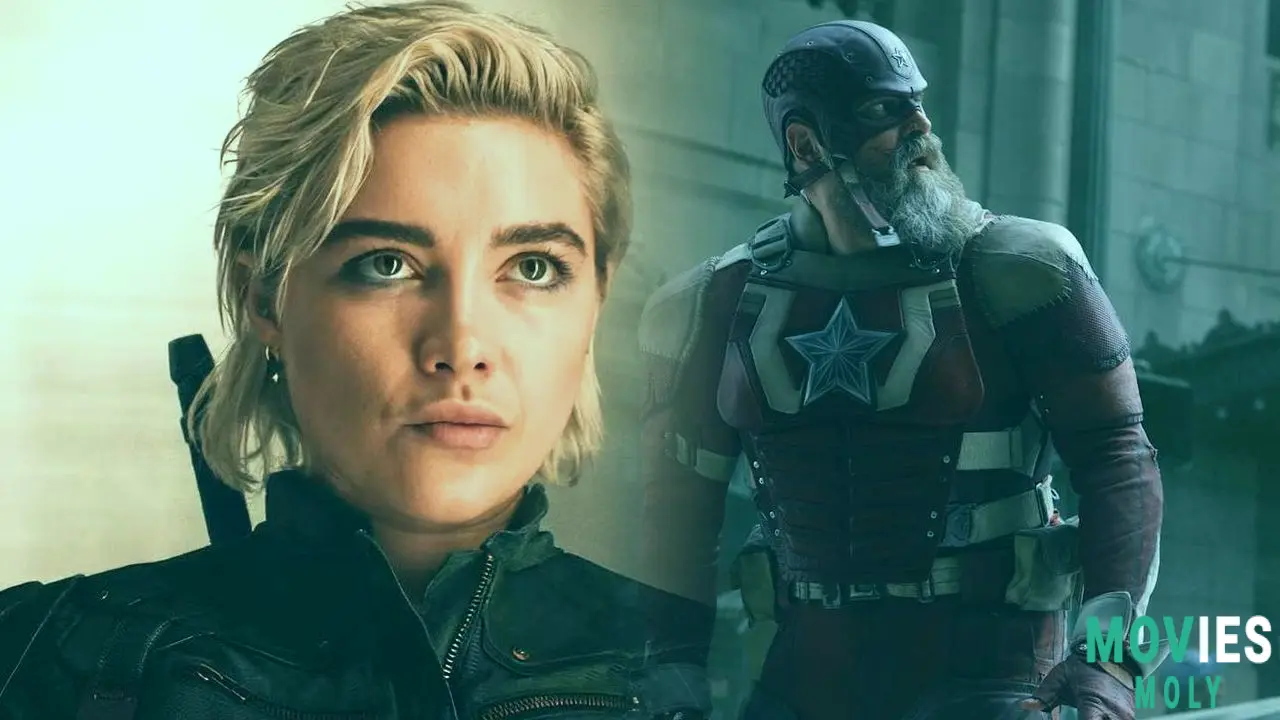
Beyond Yelena and Alexei, the inclusion of Taskmaster—Olga Kurylenko reprising her role—completes the spiritual Black Widow trifecta within Thunderbolts*. The chemistry among these three characters, forged in the crucible of espionage and betrayal, adds another layer of depth to the ensemble. And with Julia Louis-Dreyfus stepping in as Valentina Allegra de Fontaine, the chessboard of MCU power players just got a lot more interesting.
These characters, pulled from different corners of the MCU, aren’t just filling seats. They’re carrying stories. Stories that Marvel is clearly eager to explore, even as they shuffle the larger Avengers roster offstage for now. And Yelena’s story, in particular, feels like it’s only just beginning.
Florence Pugh’s Yelena Belova Continues to Redefine What It Means to Be a Black Widow
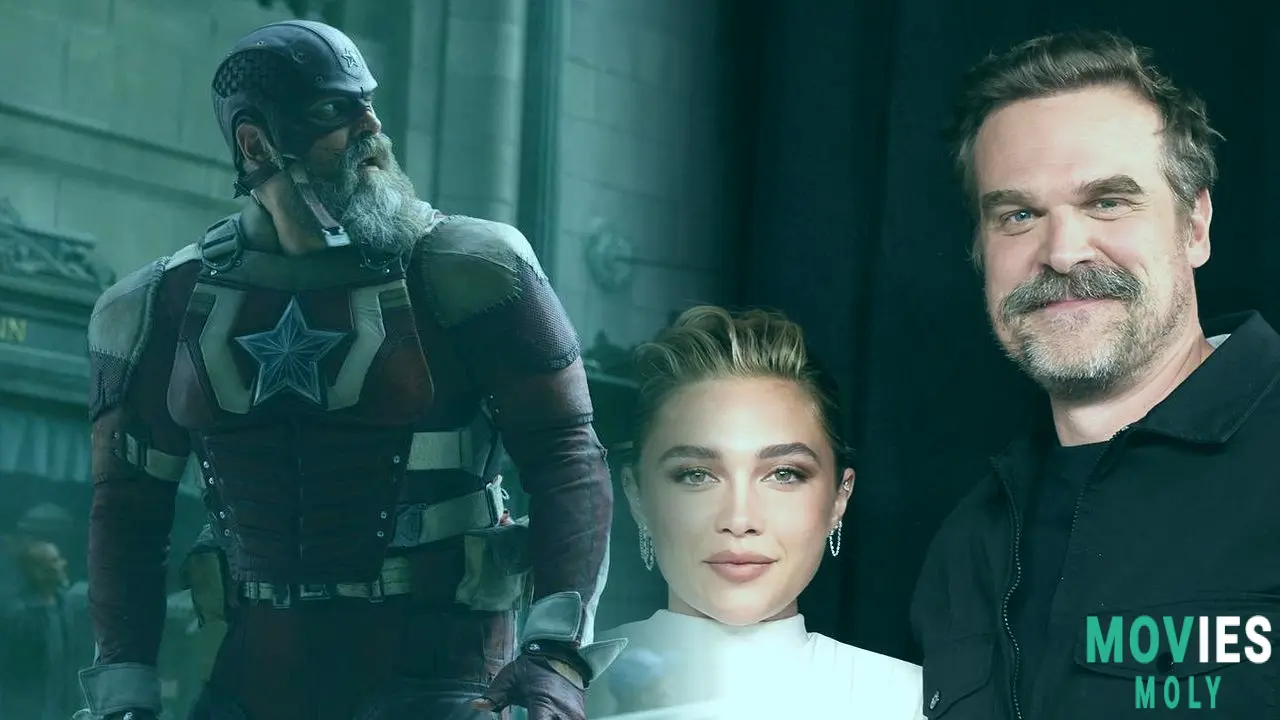
What separates Yelena Belova from her predecessor—and from many MCU characters in general—is her emotional honesty cloaked in fiery determination. She's not Natasha Romanoff, and she never tries to be. Instead, she forges her own path, one that honors Natasha’s legacy while carving out space for her own identity. Thunderbolts* gives her that space, and Pugh seizes it.
Whether she’s locked in a sarcastic standoff with Alexei, silently mourning a lost sister, or unleashing carnage on a team that underestimates her, Yelena Belova matters. She’s not just filling the void left by the Avengers—she’s redefining what heroism looks like when it's personal, messy, and uncomfortably real.
Marvel may be in-between its biggest cosmic sagas, but with Thunderbolts*, and particularly with Yelena Belova at the center, it’s clear that the most powerful stories are still being told on the ground, in the shadows, and in the hearts of those who refuse to give up, even when they have nothing left to fight for.

